Energy is given top priority
Speaking at the Green Energy Transition Workshop from Resolution 70-NQ/TW recently organized by Investor Magazine, Mr. Nguyen Tai Anh, Deputy General Director of Vietnam Electricity Group (EVN) affirmed that EVN is a state-owned enterprise with the main responsibility in ensuring electricity supply for socio- economic development. Each year, Vietnam needs 3-5 billion USD to invest in the power system.
“This amount of money is huge, but the biggest challenge is not money, but the synchronous planning between power sources and the grid. Input power sources are diverse and abundant, invested by economic sectors, but if there is no grid managed by state-owned enterprises to transmit to consumers, then the power source is as good as non-existent,” said Mr. Tai.
According to Mr. Tai, it does not take long to build a power plant, such as solar power only takes from 6 months to a year, and wind power only about 18 months. But to build a 500 KV transmission line, it takes 3-5 years to build, plus the time to prepare for investment, complete procedures, it takes 7 years...
“We have projects that last for 9 years because the power transmission line passes through many localities, requiring compensation and land clearance for thousands of households. Just a few cases of non-cooperation can cause the whole project to be blocked. Not to mention the problems with legal documents,” Mr. Tai Anh added.
Mr. Phan Duc Hieu, a full-time member of the National Assembly's Economic and Financial Committee , admitted that in the investment field, the biggest difficulty and problem is still land issues, specifically site clearance and land acquisition. For power transmission projects, site clearance, land acquisition and investment issues cannot be resolved by the general legal system, but the National Assembly must have a separate resolution to handle them.
Recently, the Ministry of Industry and Trade submitted to the Government a draft Resolution of the National Assembly on mechanisms and policies to remove difficulties in national energy development, before submitting it to the National Assembly for approval at the 10th Session. "The Resolution focuses on groups of solutions to remove bottlenecks in planning, investing and developing power sources, ensuring to meet the rapidly increasing electricity demand in the coming period," said Mr. Tran Hoai Trang, Deputy Director of the Electricity Regulatory Authority (Ministry of Industry and Trade).
Banks ready to finance green power projects
Resolution 70-NQ/TW requires perfecting financial policies in the direction of maximizing private investment capital and foreign investment in projects in the energy sector; innovating credit policies in a flexible and effective manner, prioritizing credit capital allocation for the energy sector, creating favorable conditions for energy enterprises to access capital sources; having capital sources and preferential credit packages for enterprises with green and clean energy projects...
Mr. Vuong Van Quy, Deputy Head of the Credit Policy Department, Agribank, said that implementing Resolution 70-NQ/TW, Agribank identified green credit in general and credit for green energy in particular as one of the key contents of the long-term development roadmap, associated with digital transformation, building a modern bank and international integration.
“Promoting credit for green energy is a common mission of the whole society and Agribank is committed to proactively approaching and providing credit for green energy projects, contributing to making Vietnam a green and sustainable developing country,” Mr. Quy affirmed.
According to Mr. Tran Hoai Nam, Deputy Director of Corporate Banking, VietinBank, commercial banks are actively looking for customers and cheap capital sources to lend to green projects at low interest rates. To mobilize social resources to invest in green projects, including energy projects, it is necessary to put a carbon credit trading floor into operation to classify businesses.
“Any business that refuses to invest in green production will have to buy carbon credits from other businesses. Only then will businesses proactively invest in greening their production processes,” Mr. Nam suggested.
Source: https://baodautu.vn/tang-truong-gdp-2-con-so-nang-luong-phai-di-truoc-mot-buoc-d426388.html


![[Photo] Cutting hills to make way for people to travel on route 14E that suffered landslides](https://vphoto.vietnam.vn/thumb/1200x675/vietnam/resource/IMAGE/2025/11/08/1762599969318_ndo_br_thiet-ke-chua-co-ten-2025-11-08t154639923-png.webp)







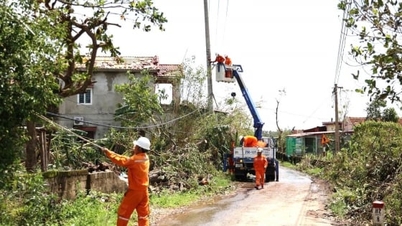

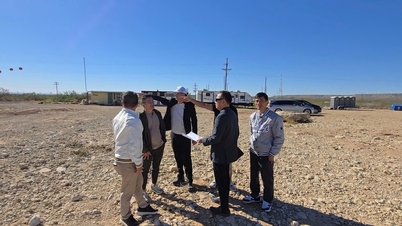

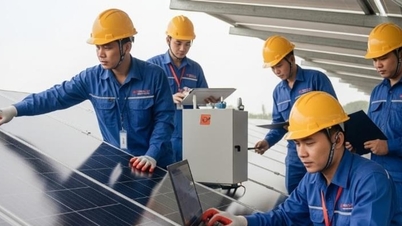

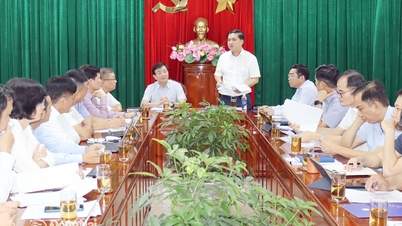

















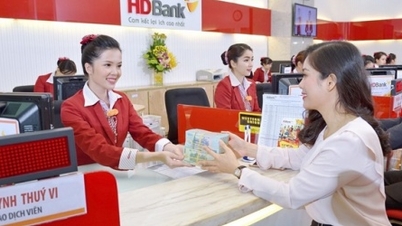


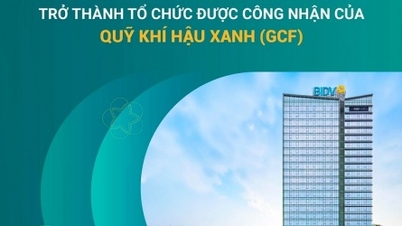
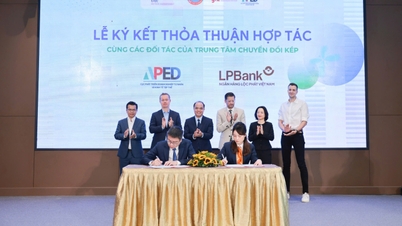
![[Photo] "Ship graveyard" on Xuan Dai Bay](https://vphoto.vietnam.vn/thumb/1200x675/vietnam/resource/IMAGE/2025/11/08/1762577162805_ndo_br_tb5-jpg.webp)








![[Video] Hue Monuments reopen to welcome visitors](https://vphoto.vietnam.vn/thumb/402x226/vietnam/resource/IMAGE/2025/11/05/1762301089171_dung01-05-43-09still013-jpg.webp)



























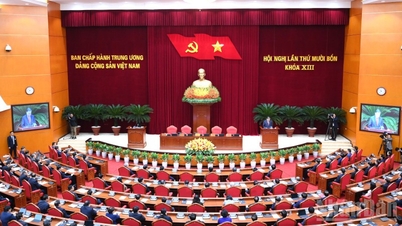



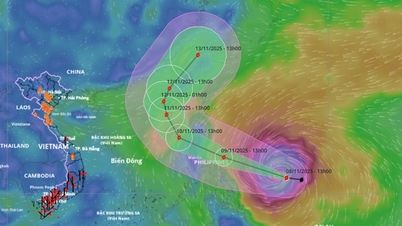















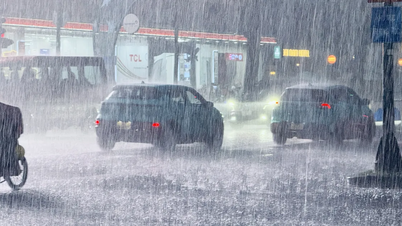

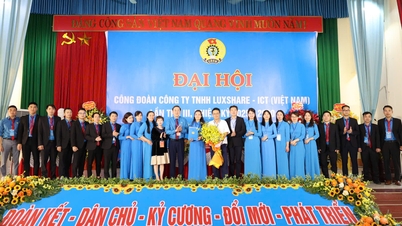

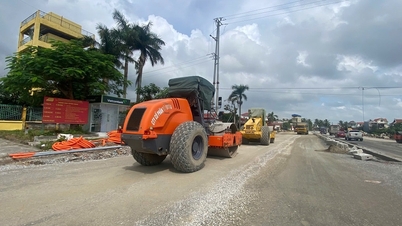


















Comment (0)